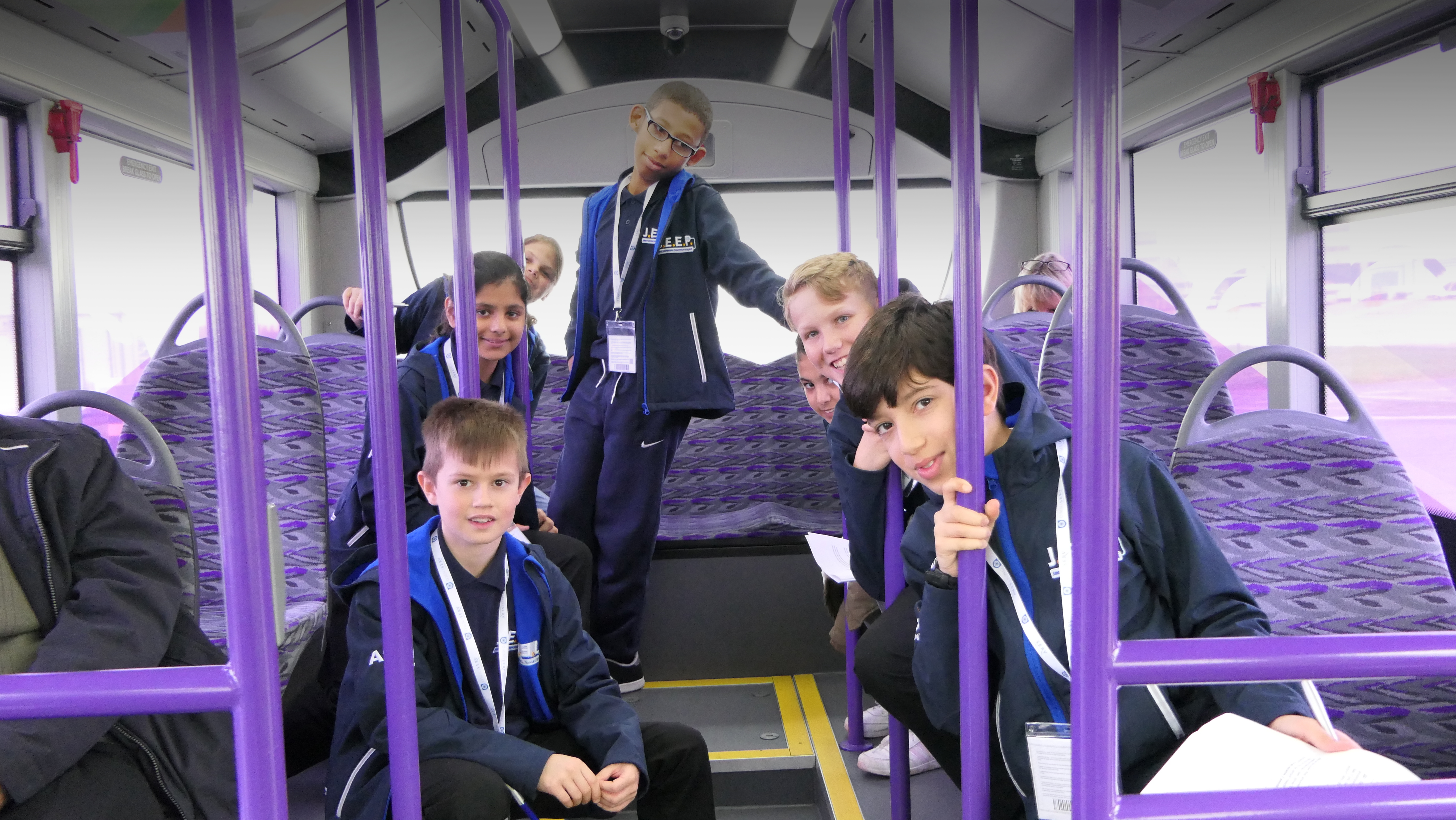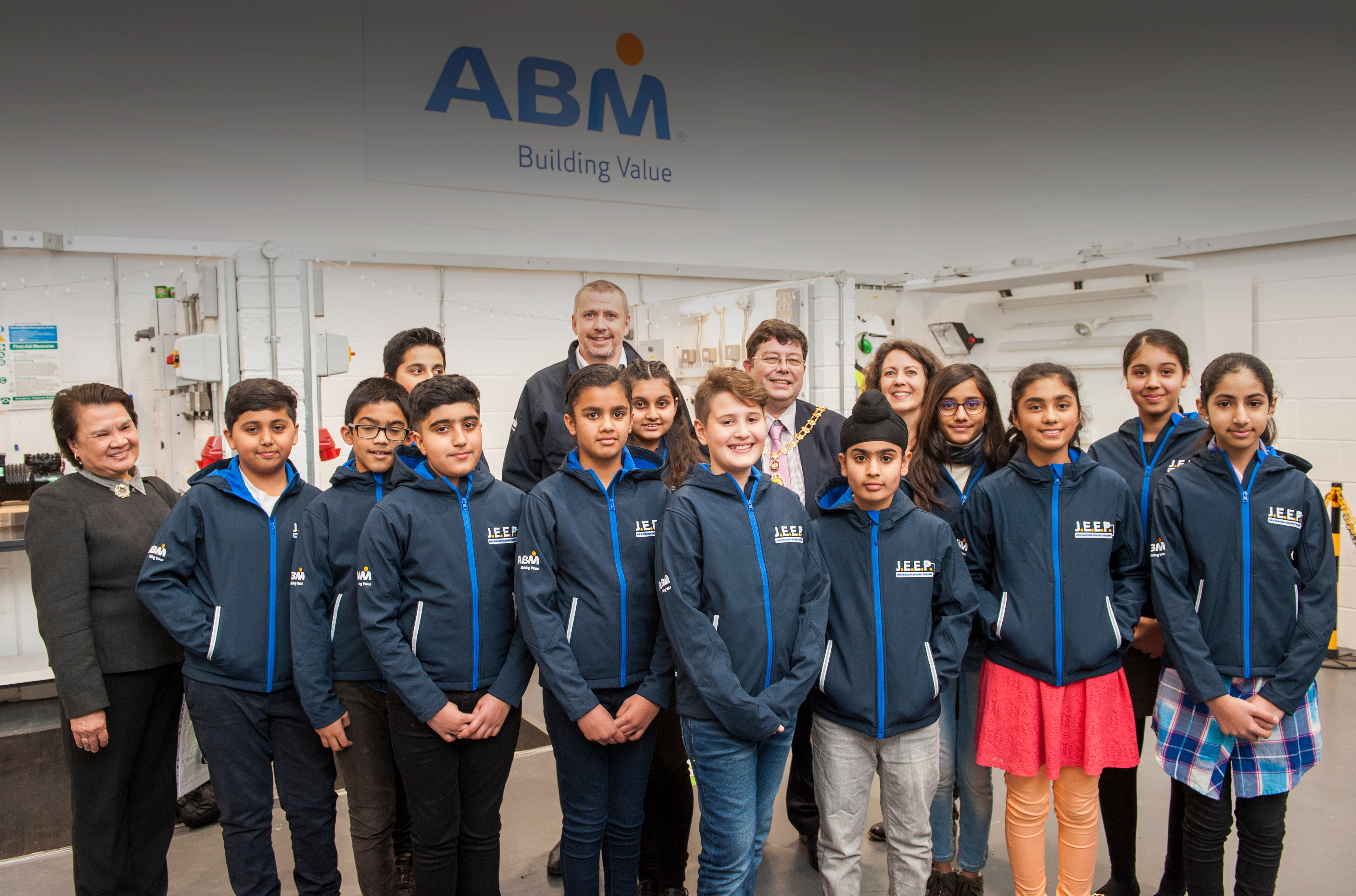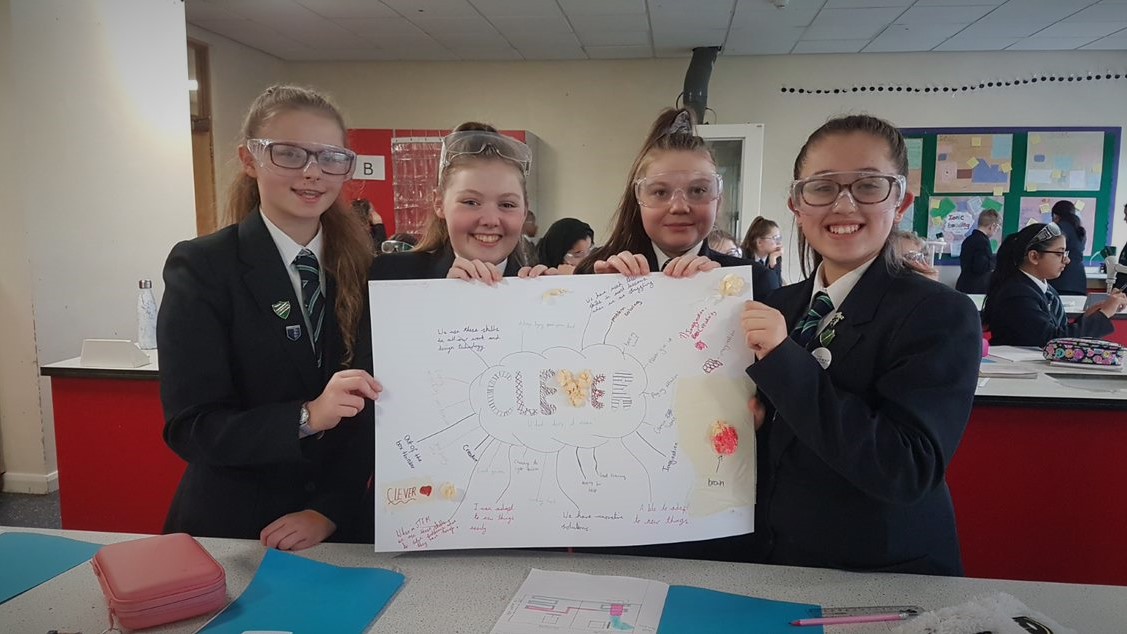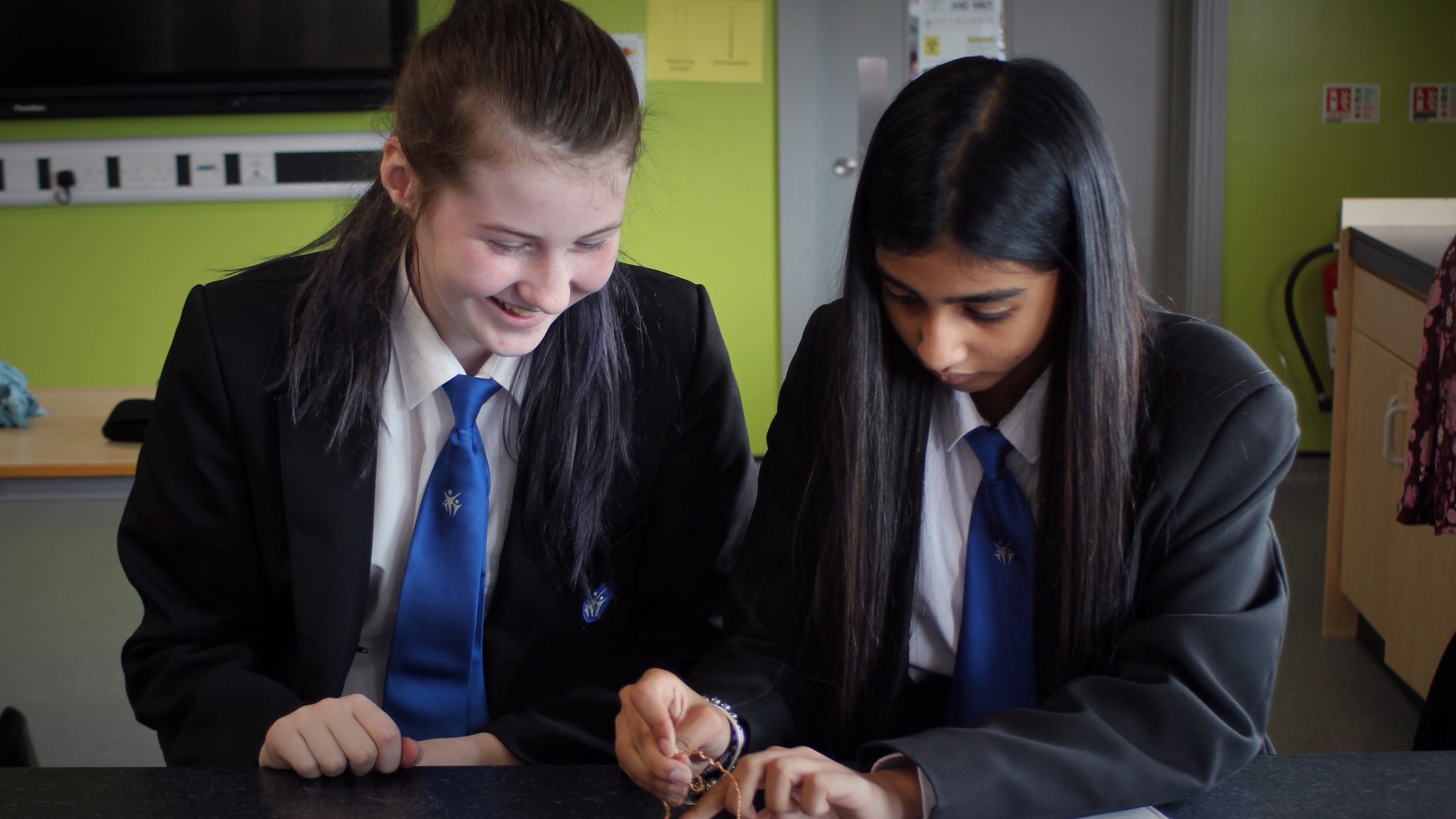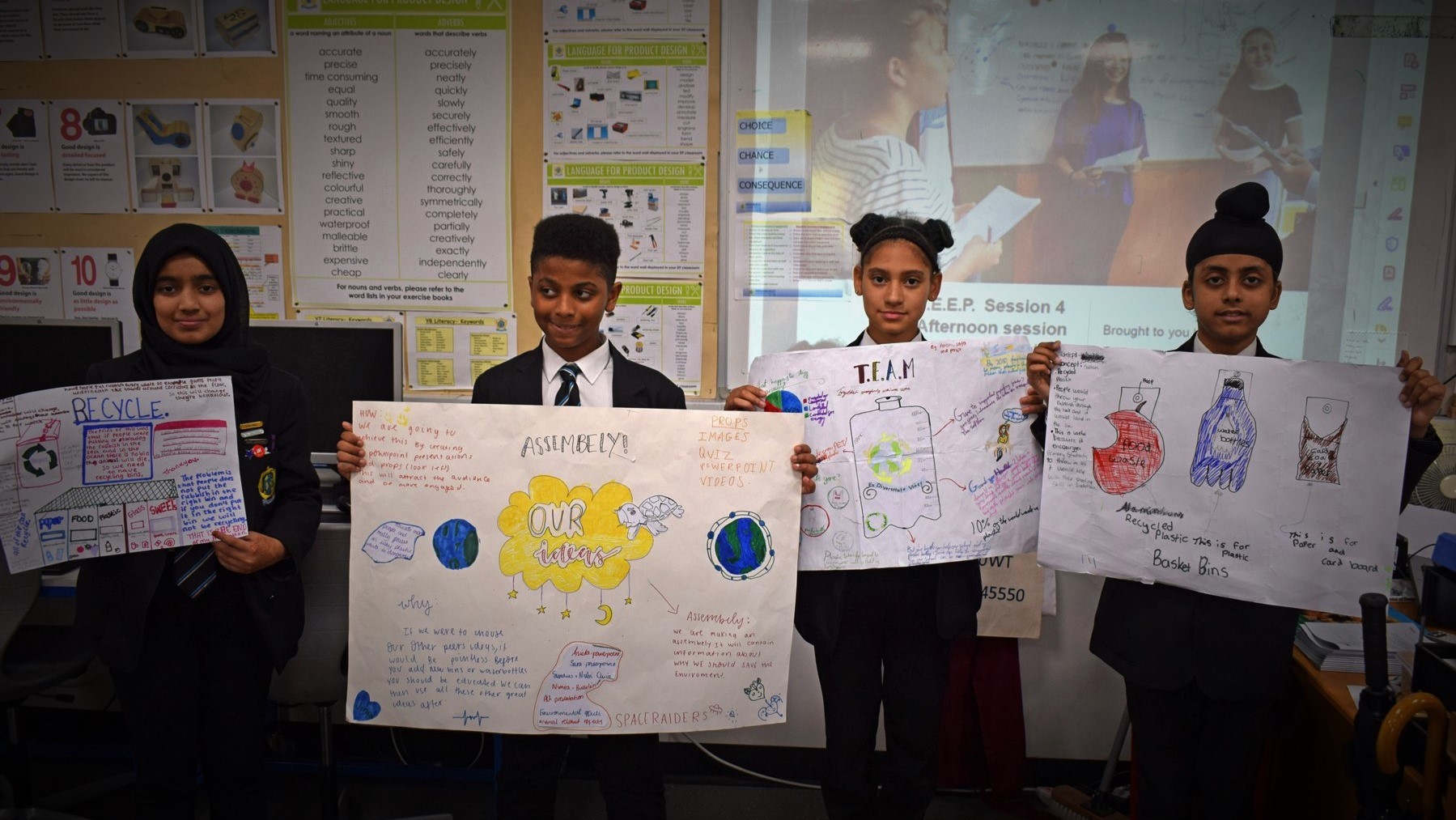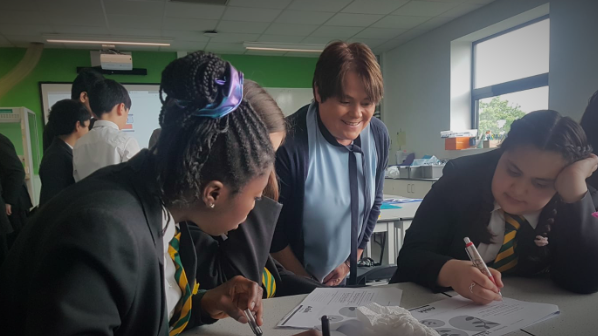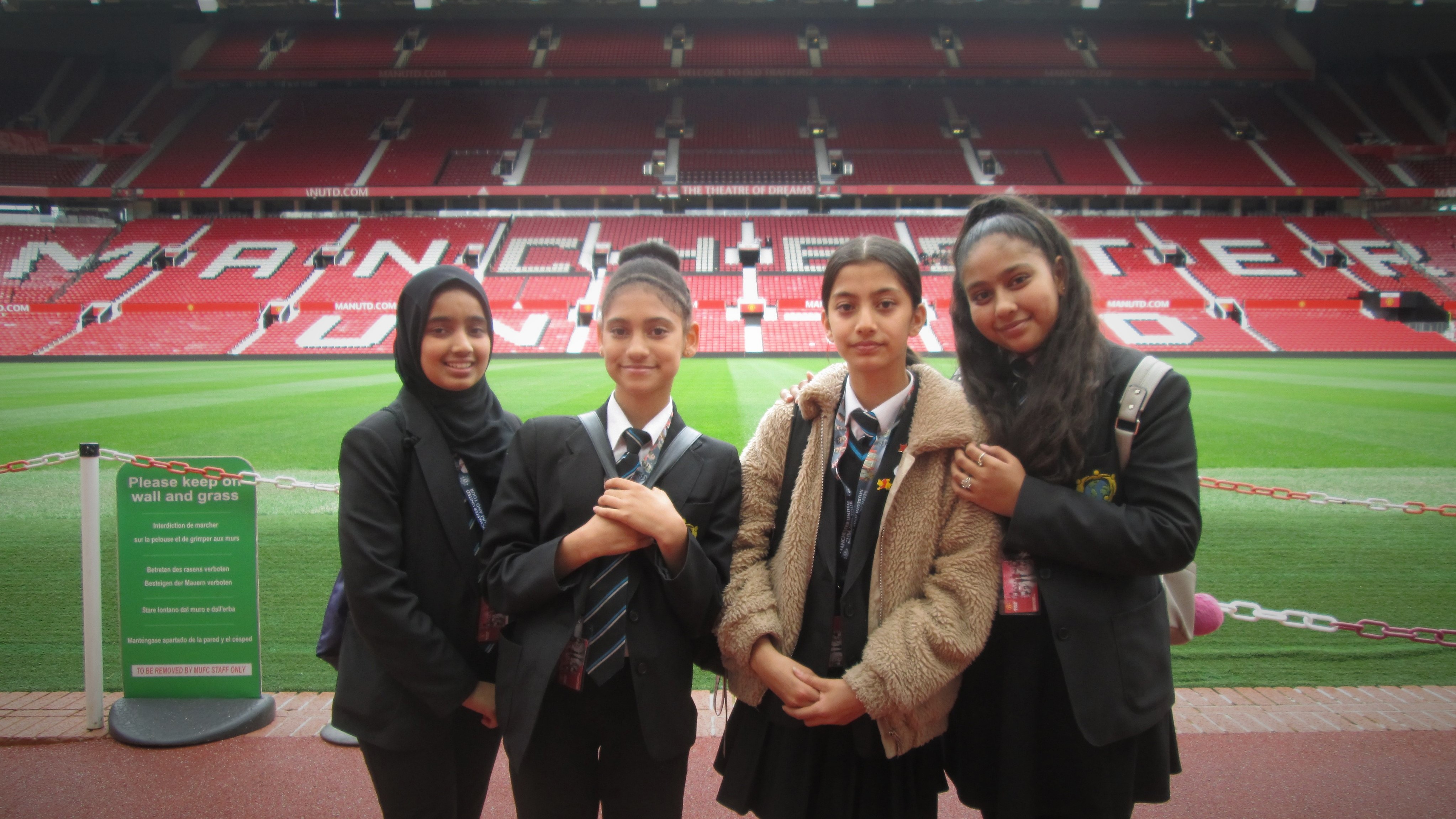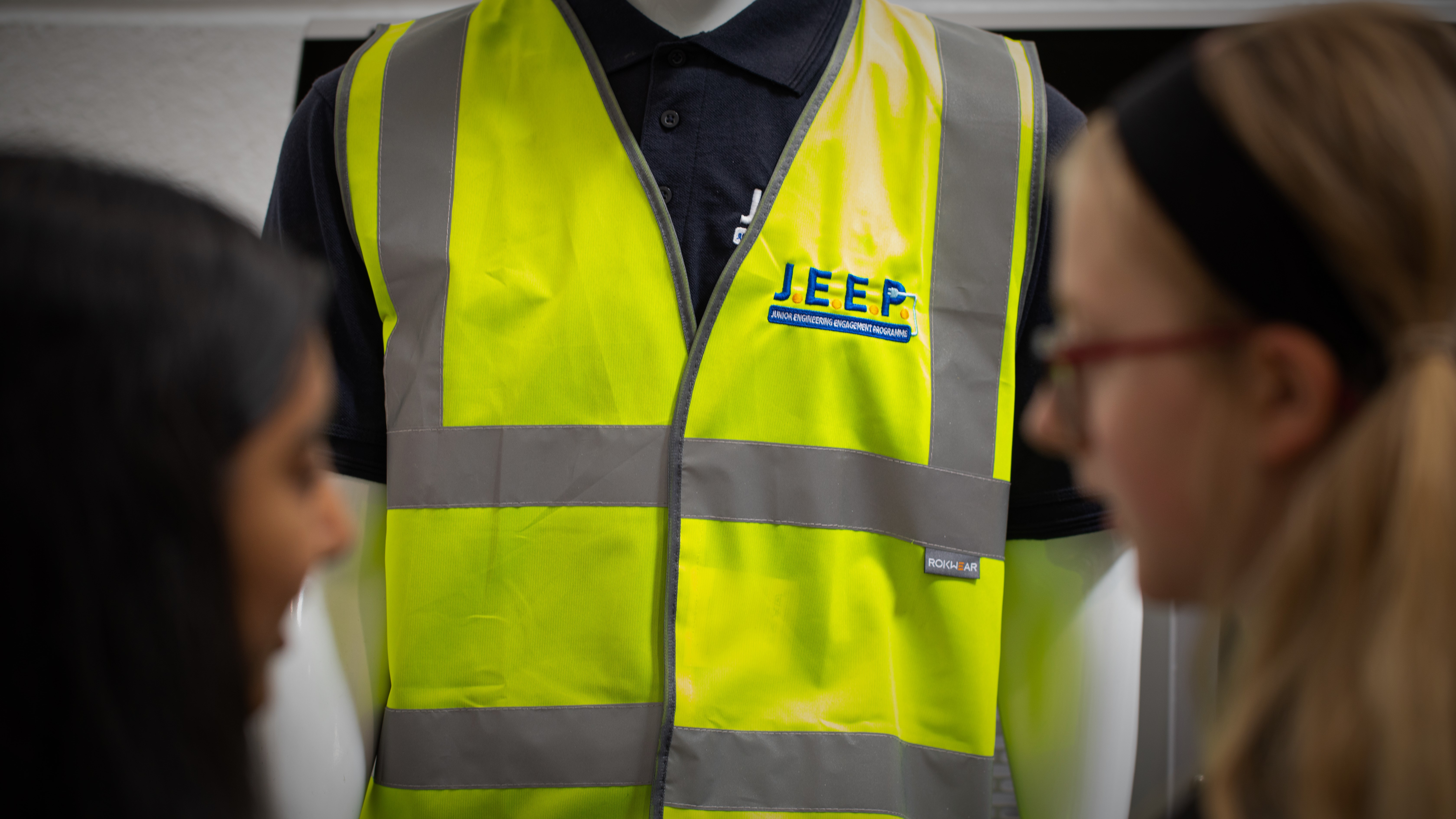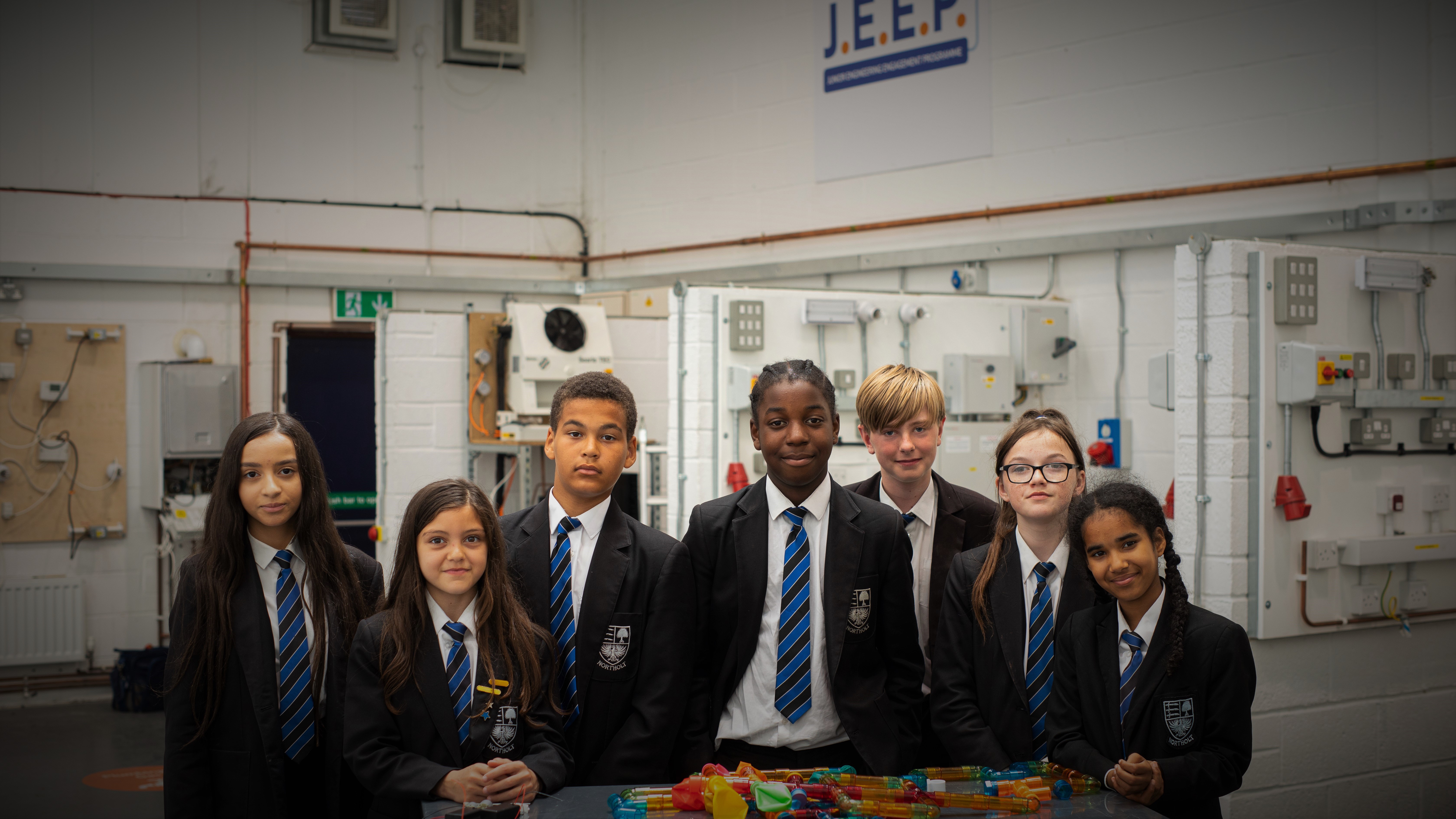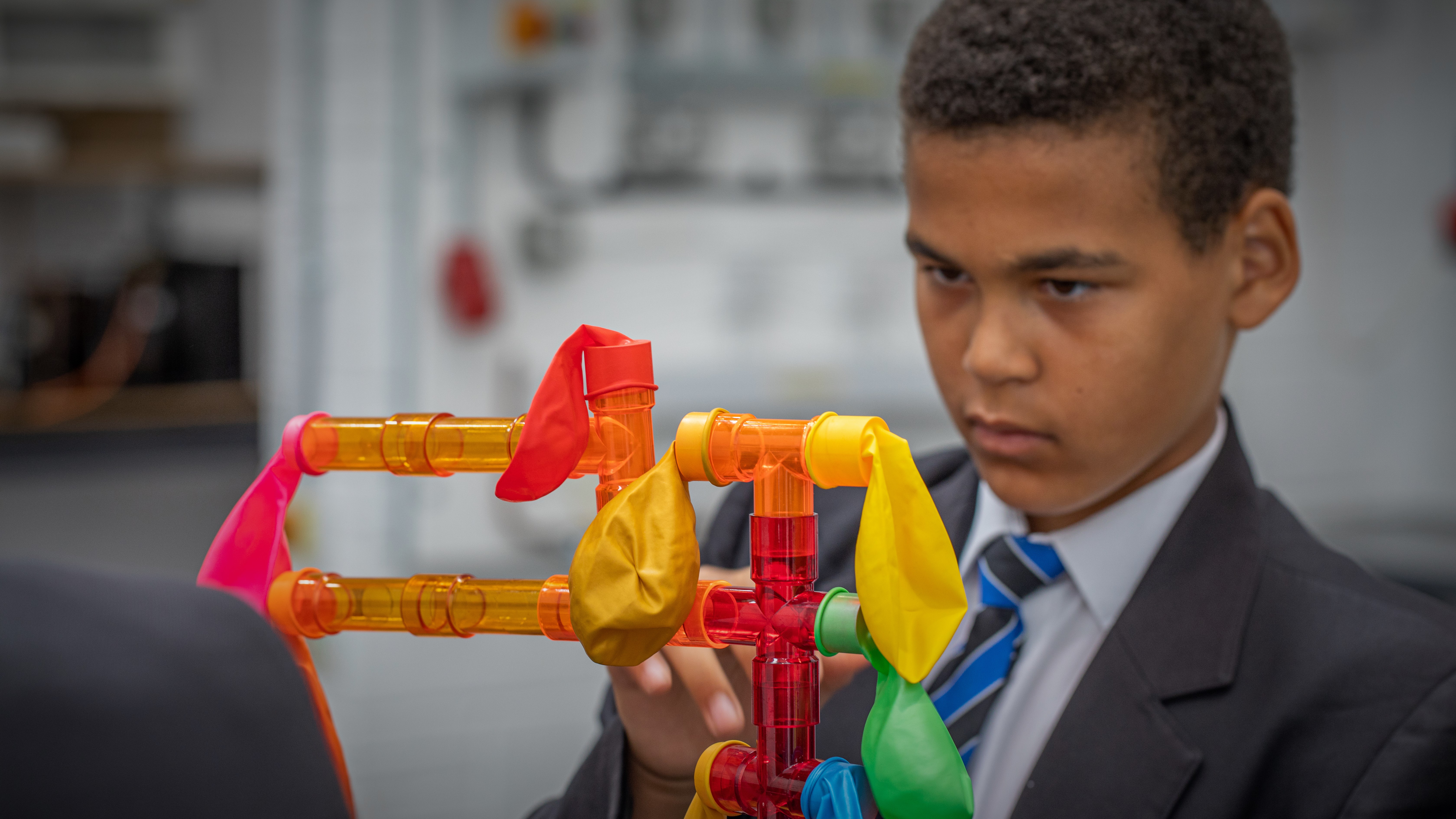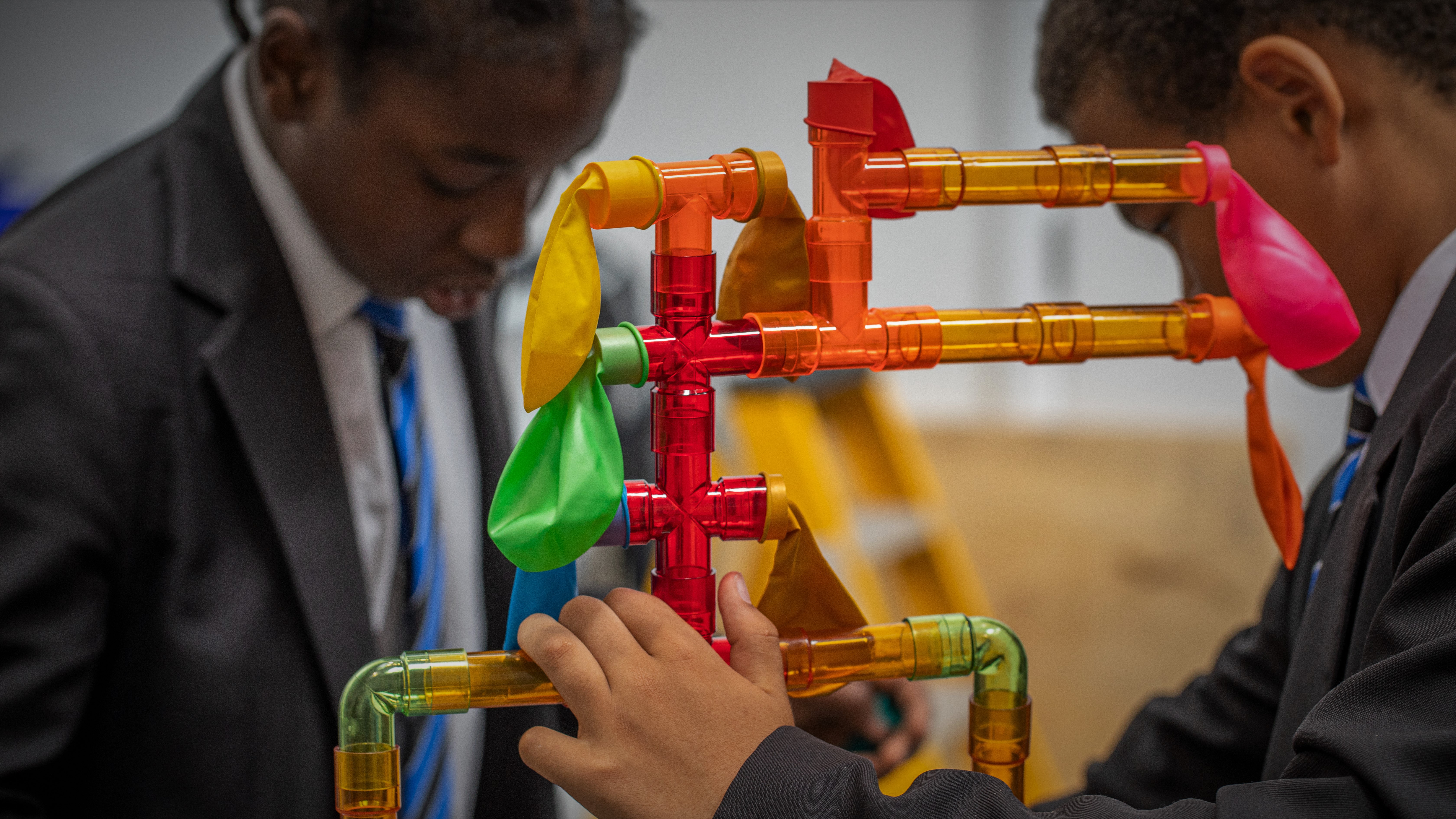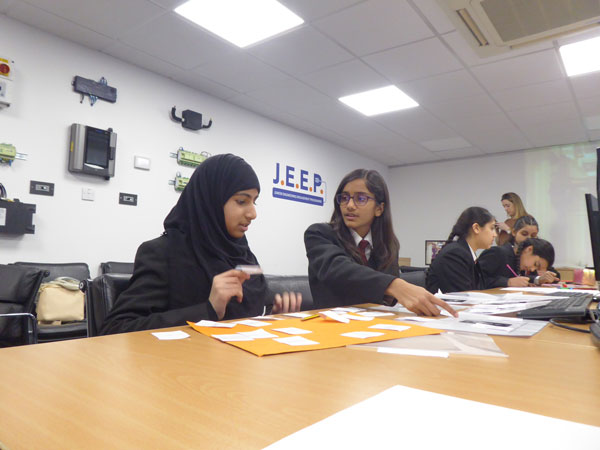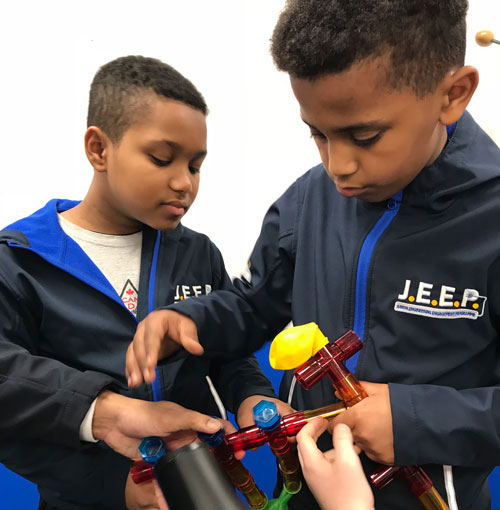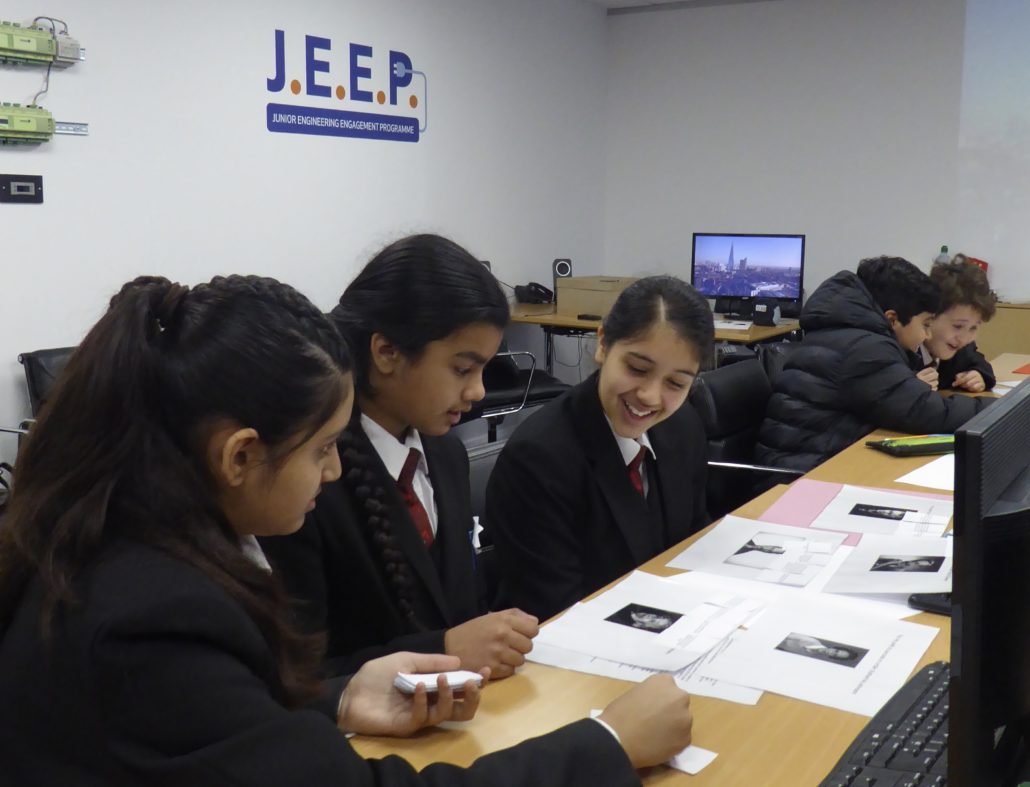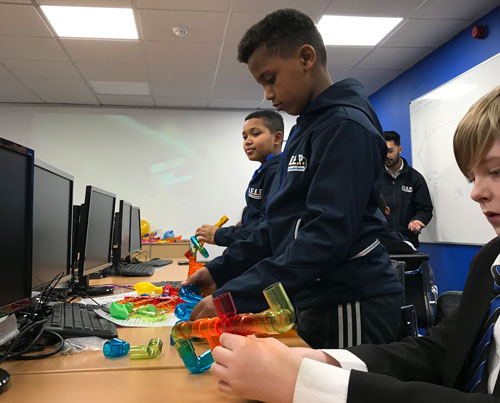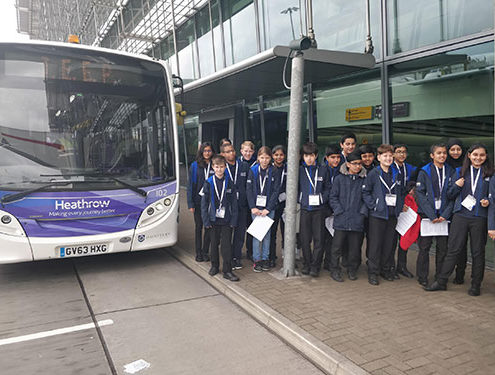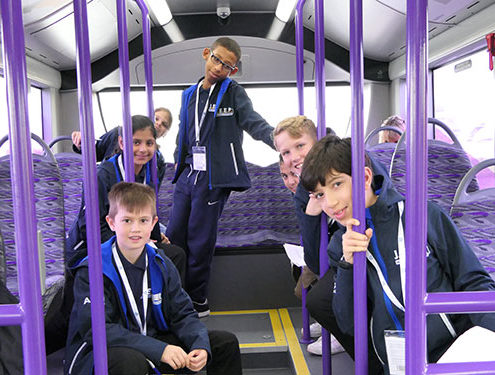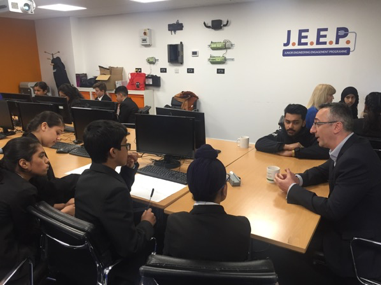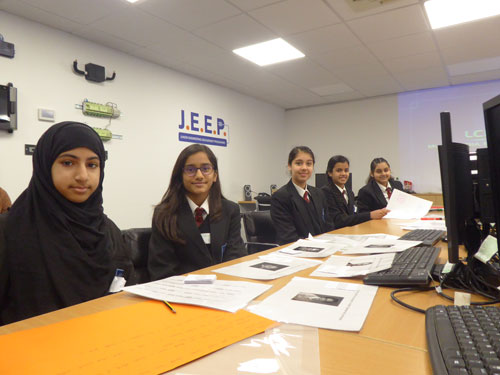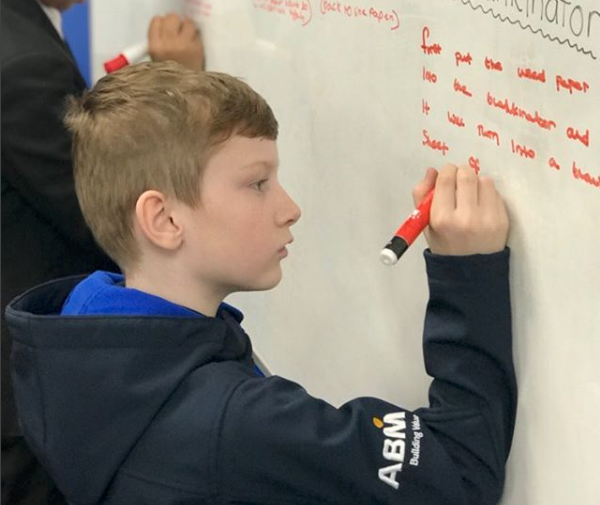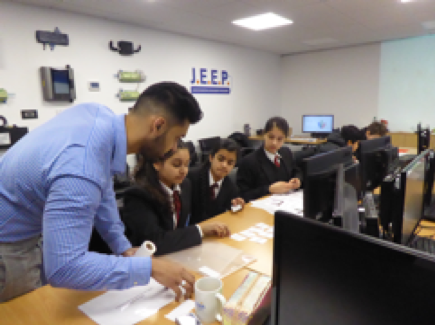So what is Facilities Management and why it is so important?
The first module introduces the students to the world of facilities management – what it is, how it helps them in their day-to-day lives and how they can pursue a career in STEM.
The session kicks off with ice-breaker activities, designed to get the students thinking about their goals and inviting them to share what they would like to be when they reach adulthood. At the end of their final J.E.E.P module, the students will repeat this activity to see if any of their career goals have changed.
As they progress through the session, the students are introduced to the first responsibilities of facilities management: electricity and lighting, HVAC (heating, ventilation and air conditioning), public health and plumbing, and sustainable development. Practical experiments assist to teach the theories behind these topics, giving the students a real hands-on approach to learning.
Finally, the J.E.E.P project is revealed and by the end of the course, the students must invent something which can be installed in their school to make it more sustainable.



